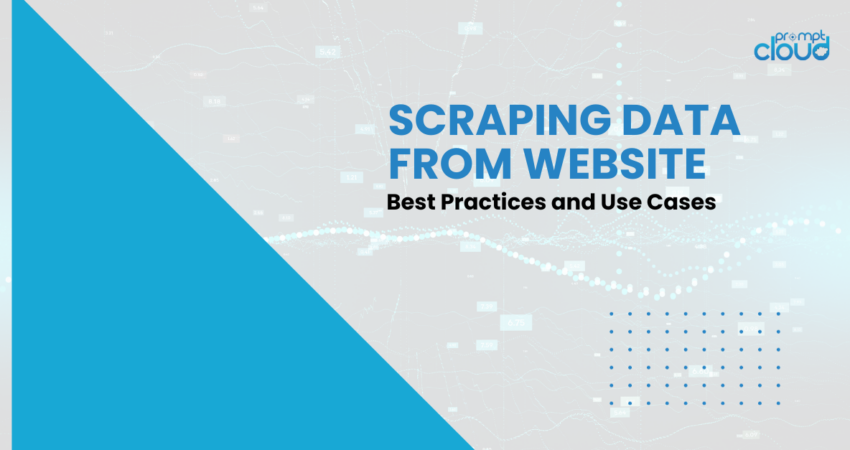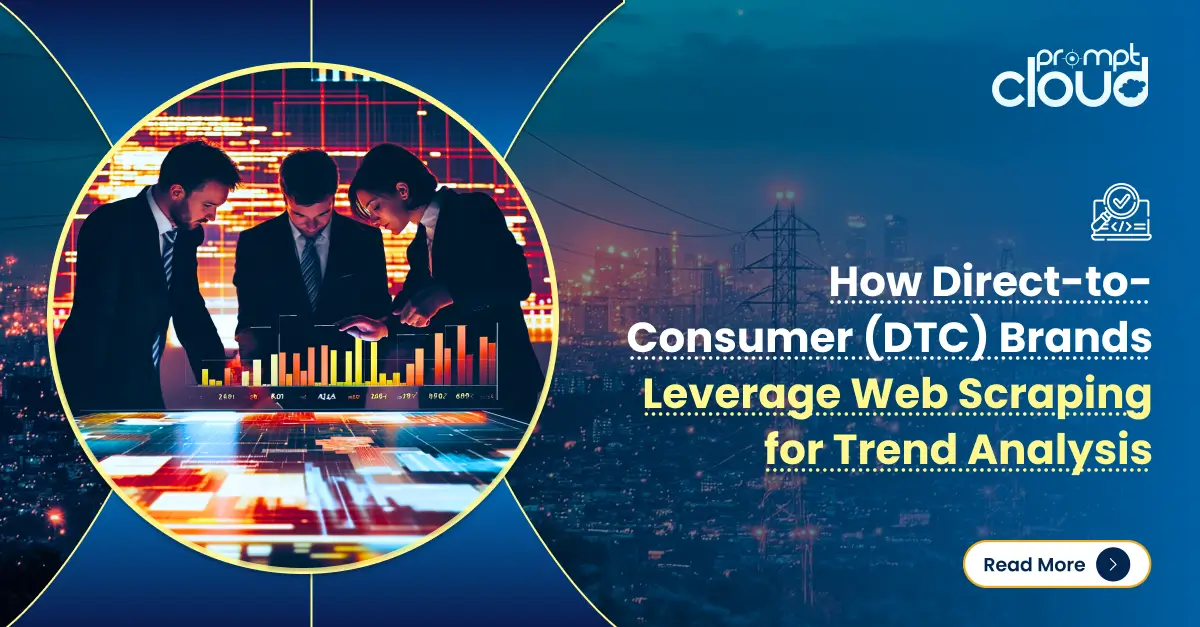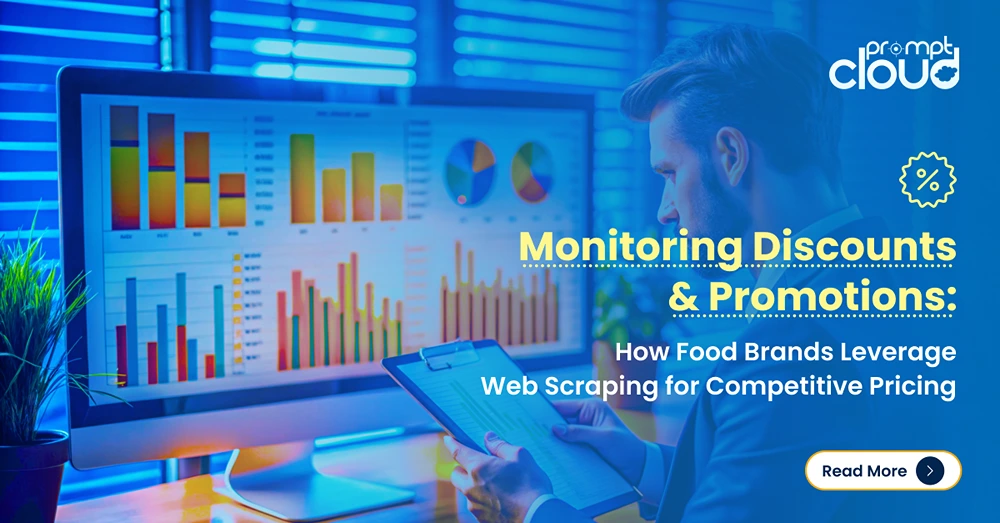
When scraping data from website, it is essential to honor the regulations and framework of the target site. Adhering to best practices is not only a matter of ethics but also serves to sidestep legal complications and guarantee the dependability of data extraction. Here are key considerations:
- Adhere to robots.txt: Always check this file first to understand what the site owner has set as off-limits for scraping.
- Utilize APIs: If available, use the site’s official API, which is a more stable and approved method to access data.
- Be mindful of request rates: Excessive data scraping can burden website servers, so pace your requests in a considerate manner.
- Identify yourself: Through your user agent string, be transparent about your identity and purpose when scraping.
- Handle data responsibly: Store and use scraped data per privacy laws and data protection regulations.
Following these practices ensures ethical scraping, maintaining the integrity and availability of online content.
Understanding the Legal Framework
When scraping data from website, it is crucial to navigate the intertwining legal restrictions. Key legislative texts include:
- The Computer Fraud and Abuse Act (CFAA): Legislation in the United States makes it illegal to access a computer without proper authorization.
- European Union’s General Data Protection Regulation (GDPR): Mandates consent for personal data use and grants individuals control over their data.
- The Digital Millennium Copyright Act (DMCA): Protects against the distribution of copyrighted content without permission.
Scrapers must also respect the ‘terms of use’ agreements of websites, which often limit data extraction. Ensuring compliance with these laws and policies is essential to ethically and legally scrap website data.
Selecting the Right Tools for Scraping
Choosing the correct tools is crucial when initiating a web scraping project. Factors to consider include:
- Complexity of the Website: Dynamic sites may require tools like Selenium that can interact with JavaScript.
- Data Quantity: For large-scale scraping, tools with distributed scraping capabilities like Scrapy are advisable.
- Legality and Ethics: Select tools with features to respect robots.txt and set user agent strings.
- Ease of Use: Novices might prefer user-friendly interfaces found in software like Octoparse.
- Programming Knowledge: Non-coders might lean towards software with a GUI, while programmers could opt for libraries like BeautifulSoup.
Image Source: https://fastercapital.com/
Best Practices to Effectively Scraping Data from Website
To efficiently and responsibly scrape data from website, follow these guidelines:
- Respect robots.txt files and website terms to avoid legal issues.
- Use headers and rotate user agents to mimic human behavior.
- Implement delay between requests to reduce server load.
- Utilize proxies to prevent IP bans.
- Scrape during off-peak hours to minimize website disruption.
- Always store data efficiently, avoiding duplicate entries.
- Ensure the accuracy of scraped data with regular checks.
- Be mindful of data privacy laws when storing and using data.
- Keep your scraping tools up-to-date to handle website changes.
- Always be prepared to adapt scraping strategies if websites update their structure.
Data Scraping Use Cases Across Industries
- E-Commerce: Online retailers deploy scraping to monitor competitor prices and adjust their pricing strategies accordingly.
- Real Estate: Agents and companies scrape listings to aggregate property information, trends, and price data from various sources.
- Recruitment: Firms scrape job boards and social media to find potential candidates and analyze job market trends.
- Finance: Analysts scrape public records and financial documents to inform investment strategies and track market sentiments.
- Travel: Agencies scrape airline and hotel prices to provide customers with the best possible deals and packages.
- Healthcare: Researchers scrape medical databases and journals to stay updated on latest findings and clinical trials.
Addressing Common Challenges in Data Scraping
The process of scraping data from website, although immensely valuable, frequently involves overcoming obstacles like alterations in website structure, anti-scraping measures, and concerns regarding data quality.
Image Source: https://research.aimultiple.com/
To navigate these effectively:
- Stay Adaptive: Regularly update scraping scripts to match website updates. Using machine learning can help in adapting to structural changes dynamically.
- Respect Legal Boundaries: Understand and comply with the legalities of scraping to avoid litigation. Make sure to review the robots.txt file and terms of service on a website.
- Top of Form
- Mimic Human Interaction: Websites may block scrapers that send requests too rapidly. Implement delays and random intervals between requests to seem less robotic.
- Handle CAPTCHAs: Tools and services are available that can solve or bypass CAPTCHAs, although their use must be considered against ethical and legal implications.
- Maintain Data Integrity: Ensure the accuracy of extracted data. Regularly validate data and clean it to maintain quality and usefulness.
These strategies aid in overcoming common scraping obstacles and facilitate the extraction of valuable data.
Conclusion
Efficiently extracting data from websites is a valuable method with diverse applications, ranging from market research to competitive analysis. It is essential to adhere to best practices, ensuring legality, respecting robots.txt guidelines, and carefully controlling scraping frequency to prevent server overload.
Applying these methods responsibly opens the door to rich data sources that can provide actionable insights and drive informed decision-making for businesses and individuals alike. Proper implementation, coupled with ethical considerations, ensures that data scraping remains a powerful tool within the digital landscape.
Ready to supercharge your insights by scraping data from website? Look no further! PromptCloud offers ethical and reliable web scraping services tailored to your needs. Connect with us at sales@promptcloud.com to transform raw data into actionable intelligence. Let’s enhance your decision-making together!
Frequently Asked Questions
Is it acceptable to scrape data from websites?
Absolutely, data scraping is okay, but you’ve got to play by the rules. Before diving into any scraping adventures, take a good look at the terms of service and robots.txt file of the website in question. Showing some respect for the website’s layout, sticking to frequency limits, and keeping things ethical are all key to responsible data scraping practices.
How can I extract user data from a website through scraping?
Extracting user data through scraping requires a meticulous approach in alignment with legal and ethical norms. Whenever feasible, leveraging publicly available APIs provided by the website is recommended for data retrieval. In the absence of an API, it is imperative to ensure that the scraping methods employed adhere to privacy laws, terms of use, and the policies set forth by the website to mitigate potential legal ramifications
Is scraping website data considered illegal?
The legality of web scraping is contingent upon several factors, including the purpose, methodology, and compliance with pertinent laws. While web scraping itself is not inherently illegal, unauthorized access, violation of a website’s terms of service, or disregard for privacy laws may lead to legal consequences. Responsible and ethical conduct in web scraping activities is paramount, involving a keen awareness of legal boundaries and ethical considerations.
Can websites detect instances of web scraping?
Websites have implemented mechanisms to detect and prevent web scraping activities, monitoring elements such as user-agent strings, IP addresses, and request patterns. To mitigate detection, best practices include employing techniques like rotating user agents, utilizing proxies, and implementing randomized delays between requests. However, it is crucial to note that attempts to circumvent detection measures may violate a website’s terms of service and potentially result in legal consequences. Responsible and ethical web scraping practices prioritize transparency and adherence to legal and ethical standards.





















































